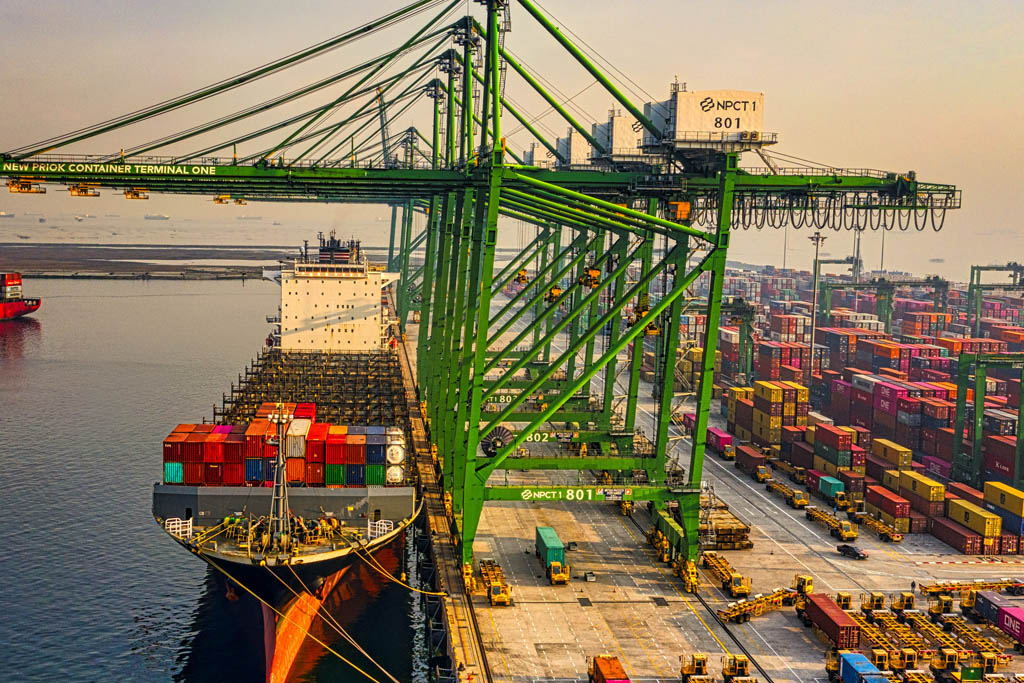Supply Chain Resiliency: Three Companies with Resilient Supply Chains Setting the Example

Supply chain resiliency describes the ability of companies and communities to manage and adapt to a broad range of risks, including day-to-day operational risks and catastrophic disruptions. Anyone considering a career in business generally, and supply-chain specifically, can learn from forward-thinking leaders advancing supply chain resiliency. This is the second in a two-part series on how businesses respond to supply chain disruptions and change.
Below are examples of the ways three major American companies are adapting their supply chains for the future.
Walmart
Walmart has more than 5,300 stores in the United States and another 5,200 stores in other countries, according to Statista. These stores employ more than 2.1 million people.
The physical stores and e-commerce websites are served by 210 distribution centers. These centers unload and ship at least 200 trailers daily. The shipping fleet drives hundreds of millions of miles per year.
Walmart dealt with pandemic-induced supply chain problems by chartering its own ships to unload at less-busy ports. The big-box retailer also has plans to open new fulfillment centers featuring automation technology that will allow for faster order processing.
3M
3M was prepared for the challenges brought on by the pandemic. The safety and consumer goods company executives cite an operational change in early 2020 with helping to increase production and respond to the demand created by the health crisis.
3M produced the highly sought-after N95 masks during the COVID pandemic. According to online publication Supply Chain Dive, 3M activated the surge capacity it invested in following the SARS outbreak several years ago. When the virus broke out, 3M was able to immediately maximize production.
Since the height of the pandemic, the company has tracked production levels to make sure they are sufficient for current demand patterns.
The North Face
Outdoor products brand The North Face has restructured its supply chain while also becoming more environmentally responsible.
Many years ago, the company took a long-term holistic approach to reducing their environmental impact. New systems were developed that use water and energy more efficiently in fabric production. As a result, the company has been able to create products that safeguard the environment while still meeting quality standards for clothing and equipment. Senior executives credit the success of its transition partly to proactive engagement with supply chain partners.
Similar to other companies, The North Face also boosted e-commerce efforts during the pandemic. The brand was able to effectively move inventory from its retail stores into its online inventory. The transition allowed them to meet the increased demand from people turning to outdoor activities to cope with restrictions and social distancing.
Your Role in the Future of Business
As a leader in business, you can make a difference in a rapidly changing world. Build your career resiliency through a graduate business program designed to give you a competitive edge in the job market. The Master’s of Business Administration programs at John Carroll University develop leadership skills in strategy, innovation, problem-solving, and decision-making across business disciplines. The Boler College of Business is committed to inspiring leaders who will create value without causing harm. Relevant coursework, including Supply Chain and Operations Management, will equip you with the knowledge to solve real-world problems.
John Carroll is a private Jesuit university located in University Heights, Ohio, near Cleveland.
